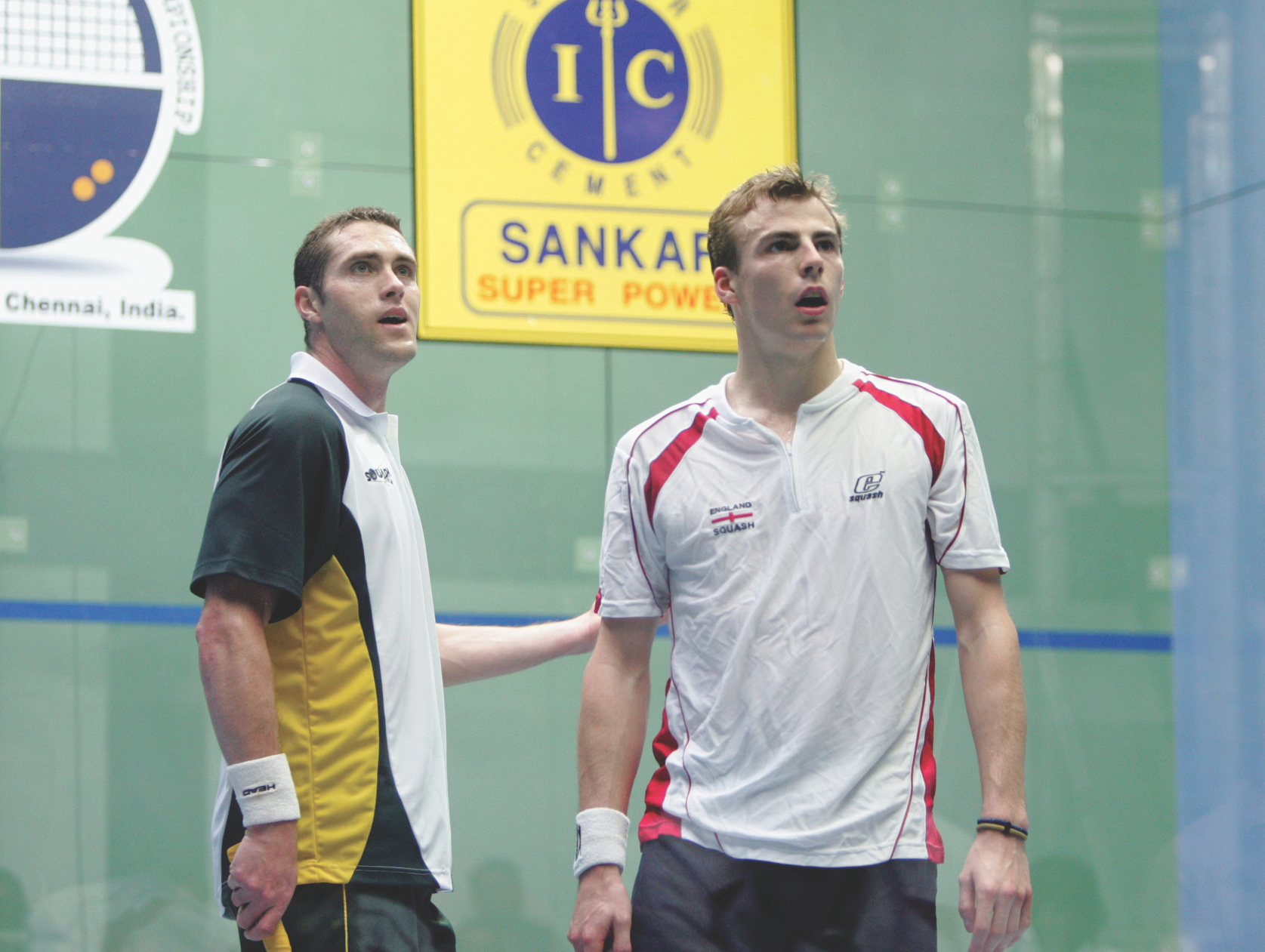By Rod Symington, WSF Referees and Rules Committee
I attended the Men’s World Team Championships in Chennai in December 2007, and on Finals Day (England beat Australia for the title), two interesting things happened.
In attendance as honored guests were a member of the International Olympic Committee and the President of British Triathlon. They both made two comments that the world of squash ought to take seriously.
First, during the Men’s Team Final there were a few disagreements between the players and the Referee. To those of us who have been around for a while, it was fairly mild stuff. But after the matches were over, the two guests expressed their surprise that the players were permitted to show any dissent at all. “Why do you allow it?” they asked.
For years squash has been making great efforts to get accepted into the Olympic Games, and one of the impediments to its acceptance is the perception among members of the IOC that the behavior of the players is a major problem. This issue first arose at the Commonwealth Games in Manchester in 2001, where IOC members who were present were appalled at the dissent shown to the referees by the players.

Here we were six years later, and very little had changed. When will squash start to listen and put its house in order? For any kind of dissent or unacceptable behavior there should be a zero tolerance policy—and it is up to referees to enforce it.
But the second comment made by the guests was even more serious. The major impediment to the growth of squash is the sheer incomprehensibility of the game to the average spectator. Both of the guests (one of whom had even played squash) admitted that they didn’t have a clue how decisions regarding lets and strokes were arrived at.
From the kinds of questions about the Rules that I receive almost daily, and from the questions that are posed on various websites, it is quite clear that a large number of squash players do not understand the Rules relating to lets and strokes either. Since neither players nor spectators fully understand the complexity of the game, why isn’t that problem addressed by changing the Rules?
But what could be done to simplify the game, without changing its fundamental nature? One idea that has been around for a number of years is to abolish the awarding of lets for interference: On a call of let the result would be either a stroke or a no let. In the average match let calls are frequent (often too frequent). Too many lets slow down the game, and such a match often makes for a boring spectacle. The idea behind abolishing lets is to force the players to play the ball.
But this would require a further step. One of the major problems in present-day squash is the failure of the outgoing striker to clear properly after hitting a shot. Under my proposal, after hitting a return, the player would have to clear in order to give the opponent unobstructed direct access to the ball (which the present Rule dictates). However, if the player did not clear and provide that access, the opponent would win the rally (stroke).
This change would force players not only to clear quickly, but also to select shots that would allow them to clear in time. As a result the game would flow a lot more, because both players would now be playing the ball—and all those frustrating let calls would disappear. In addition, the game would be a lot easier to understand: failure to clear would be a stroke under all circumstances. If you hit a shot that does not give you time to clear, you lose the point.
What are the chances of this happening? Virtually nil. Squash is such a conservative sport, it would rather plug along in the old rut than try something that might just give the game the mass appeal it needs to launch it into the Olympics. However, maybe some enterprising person might stage an experimental squash tournament to test the proposal. We have nothing to lose but our chains.


